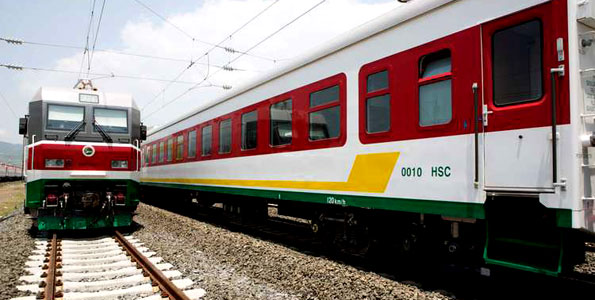
Chinese-built Ethiopia-Djibouti railway records increase in revenue despite pandemic

The Ethiopia-Djibouti Standard Gauge Railway has recorded an over 51 percent increase in revenue during the first half of 2020 despite the difficulties brought by the COVID-19 pandemic, the railway’s managing entity said on Friday.
The 756-km railway, which officially commenced its commercial operations for both passenger and freight services between landlocked Ethiopia’s capital Addis Ababa with ports in Djibouti in January 2018, has been instrumental in leveraging transportation needs of Ethiopia from its neighboring Red Sea nation of Djibouti.
Contracted by two Chinese companies, the railway, which is considered to be Africa’s first fully electrified trans-boundary railway, has made “consistent progress” since its operation commencement in January 2018, according to figures from the Ethiopia-Djibouti Railway Company.
The railway’s revenue had increased 45 percent in 2019 as compared with its maiden year in 2018, while its income also climbed by 51.38 percent in the first-half of 2020 as compared with the same period of 2019 despite the difficulties brought by COVID-19 pandemic, it was noted.
Amid its ever expanding services, the railway had in August also commenced the refrigerated train service, by which the Ethiopian fruits and vegetables will be sold to Europe and other parts of the world.
The railway, is currently managed by a consortium of Chinese companies for a period of six years.
According to the Chinese managing joint venture office, the supplementary facilities installed by the Ethiopia-Djibouti railway are being improved and fostering a better future.
The Ethiopia-Djibouti railway presently provides different kinds of freight services including the transportation of perishable goods, vehicles, cereals and fertilizers at Indode, Mojo, Adama, and Nagad stations.
Ethiopia’s Transport Minister, Dagmawit Moges, stressed that the Ethiopia-Djibouti railway “is a flagship of mega projects of three brotherly countries: Ethiopia, Djibouti and China.”






